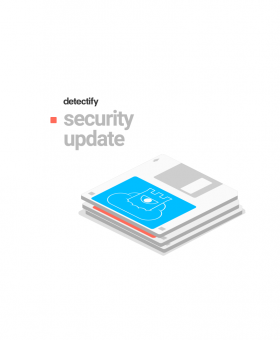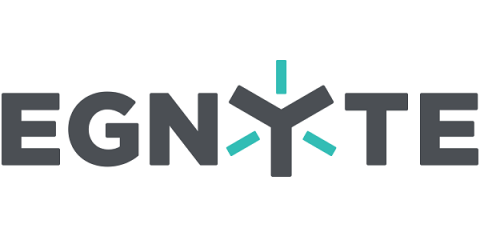Detectify security updates for 13 December
For continuous coverage, we push out major Detectify security updates every two weeks, keeping our tool up-to-date with new findings, features and improvements sourced from our security researchers and Crowdsource ethical hacker community. Due to confidentially agreements, we cannot publicize all security update releases here but they are immediately added to our scanner and available to all users. This post highlights a few things that we have improved in the last two weeks.







